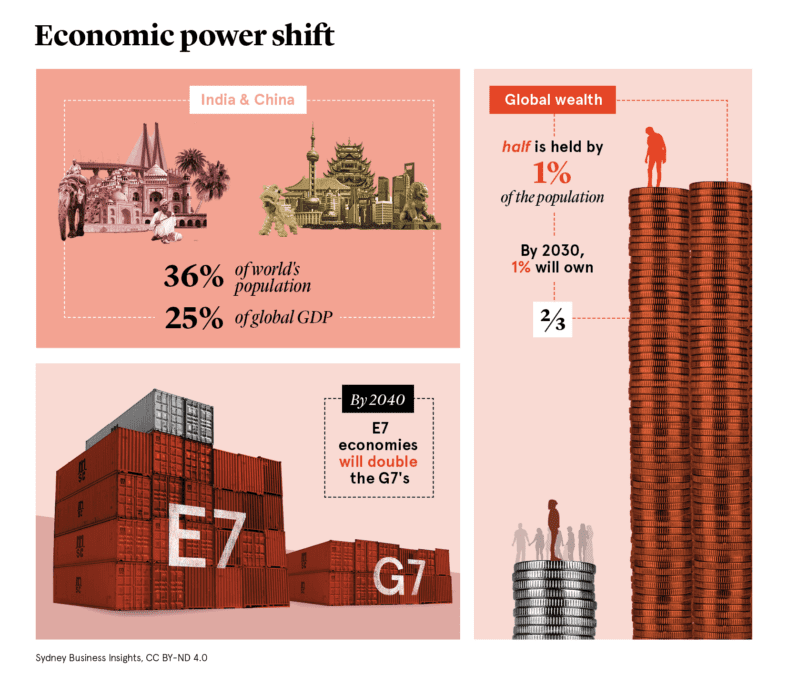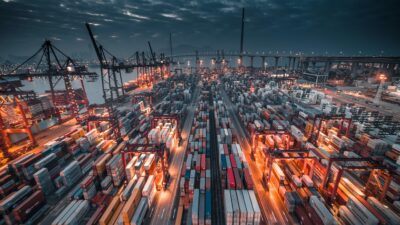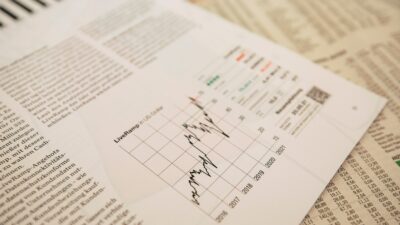经济局势的洗牌
随着亚洲成为最大的贸易区,世界经济局势正在发生变化,推动了一个新钱群体和不同类型企业的崛起。
仅中国和印度两个国家,就拥有世界36%的人口,占全球GDP25%。
我们将看到全球经济结构的调整:预计到2030年,非经合组织经济体占全球GDP的比重将达到57%。七国集团(G7)国家的经济影响力将转移到新兴七国(E7)。到2040年,E7经济体的规模将是G7的两倍。
世界经济重心将继续向亚洲转移,印度和中国将在全球产出中占据越来越大的份额。到2035年,中国的GDP可能会超过美国;到2075年,印度的GDP可能超过美国。然而,西方公民的个人购买力很可能仍然高于中国和印度的消费者,而且很可能没有一个国家在经济上占据绝对的主导地位。
48亿人僵在2030年成为中产阶级。这个全球化且更加富裕的群体将拥有巨大的购买力,而他们中的三分之二将居住在亚太地区。
全球化本身导致了不平等:财富将加速向富人转移。目前,世界上大约一半的财富掌握在1%的人口手中。到2030年,这最富有的1%将拥有三分之二的财富。
日益加剧的不平等也导致了人们对传统全球经济机构和协议的信任危机。地缘政治紧张局势将导致更频繁的贸易战、保护主义的抬头以及潜在的军事冲突,都将带来不确定和不稳定性。
在这样加速个性化和经济快速变化的时代,个人、企业和政府将如何重塑他们对彼此的期望?
如此大规模的经济局势洗牌将从根本上改变国家和个人的繁荣——这些重大机遇与风险将在世界舞台上角逐。
Ip, C. (2021). ‘Will China and its E7 emerging economies render the G7 a redundant clique?’, South China Morning Post 5/12/21. Available at: https://www.scmp.com/economy/global-economy/article/3158314/will-china-and-its-e7-emerging-economies-render-g7-redundant
Gurria, A. (2011). ‘A better global governance: What is at stake?’, OECD. Available at: https://www.oecd.org/china/abetterglobalgovernancewhatisatstake.htm
Saul, D. (2022). ‘China and India will Overtake U.S. Economically by 2075, Goldman Sachs Economists Say,’ Forbes 6/12/22. Available at: https://www.forbes.com/sites/dereksaul/2022/12/06/china-and-india-will-overtake-us-economically-by-2075-goldman-sachs-economists-say/
Rajah, R., Leng, A. (2022). ‘Revising down the rise of China’, Lowy Institute. Available at:
https://www.lowyinstitute.org/publications/revising-down-rise-china
Wallach, O. (2022). ‘The World’s Growing Middle Class (2020-2030)’, Visual Capitalist. Available at: https://elements.visualcapitalist.com/the-worlds-growing-middle-class-2020-2030/
Savage, M. (2018). ‘Richest 1% on target to own two-thirds of all wealth by 2030’, The Guardian. Available at: https://www.theguardian.com/business/2018/apr/07/global-inequality-tipping-point-2030

We believe in open and honest access to knowledge. We use a Creative Commons Attribution NoDerivatives licence for our articles and podcasts, so you can republish them for free, online or in print.
Archive

Board games at Disney, the fight of the figureheads
Disney's star-studded board faces activist investor pressure, but do the celebrity directors have the right expertise? What's the implication for other companies facing activist shareholders?

Buy Now Pay Later – what are the pitfalls?
Around a quarter of Australian adults have used a Buy Now, Pay Later service. What does the industry's increasing influence mean for younger and at-risk consumers?

The rise of the value destroyers – activist short sellers
Do activist short sellers actively destroy the value of firm investments, in addition to their role in ‘correcting mispricing / overvaluation’?

The emerging untruths of a global economy
The developing economic arrangements will not be a return to last century’s certainties.

Mental health plays a big role in advancing the economy – we need a measure beyond GDP
Mental health plays a significant role in productivity but is often overlooked. To maintain its promising economic growth, Indonesia must put its people’s well-being into the calculation.

Not just retail and restaurants: Australia’s new high tech Asian entrepreneurs
Who are this new generation of Asian Australian entrepreneurs and what makes them successful?

Keeping it local – the new supply chain vibe
Resilience has become a saviour term but businesses can move beyond just mitigating supply chain risk.

Temu – Chinese apps going global
This week: Pinduoduo’s Temu marks another high-profile entry in the e-commerce market from a Chinese tech giant.





